- Write by:
-
Sunday, May 8, 2022 - 10:06:06
-
358 Visit
-
Print
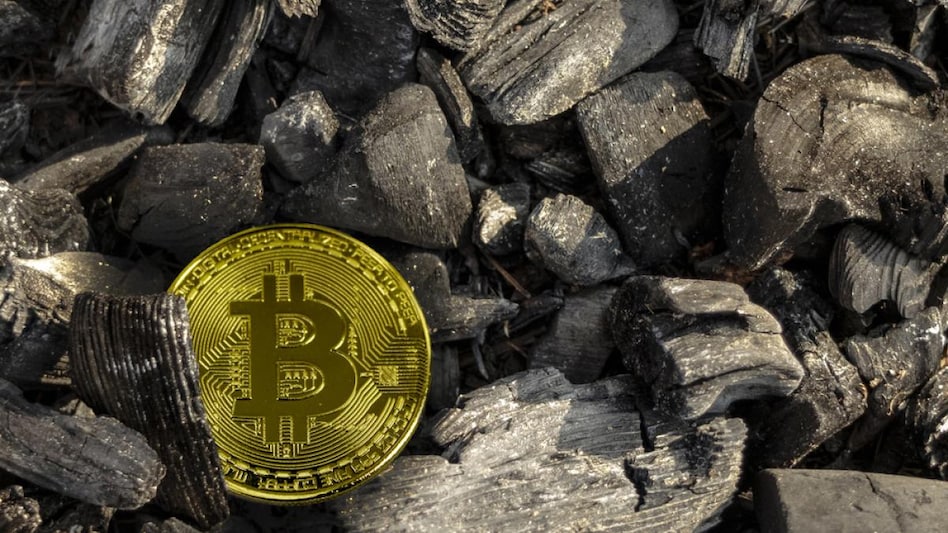
Mining News Pro - The process of adding more Bitcoin to circulation and recording transactions on the blockchain is called mining.
According to Mining News Pro - Bitcoin is the largest cryptocurrency by market cap and adding more of it to the existing circulation is called Bitcoin Mining. Interestingly, mining also refers to the process of recording Bitcoin transactions on blockchain, which is a digital ledger.
What is the Bitcoin network?
The Bitcoin network is a decentralised worldwide public ledger with a massive list of time-stamped transactions. Every ten minutes, the ledger is updated by adding 'blocks' containing a list of new transactions. The ledger's existence, which is freely maintained by thousands of people known as nodes, allows anyone to see both the current state of Bitcoin ownership and its entire history.
Why ‘mine’ Bitcoin?
Bitcoin mining is an important part of the network's method for obtaining consensus on the ledger's current state. There is no central authority that decides whether or not transactions should be structured to fit into new blocks. Rather, the state of the ledger is established cooperatively and through coordination among nodes, as per the Bitcoin protocol.
The majority of nodes just verify transaction validity, store the ledger, and inform other nodes of modifications. On the other hand, a subset of nodes known as miners compete to create new blocks. Miners are basically changing the state of the ledger, about who owns what, when they generate new blocks.
Who can mine Bitcoin?
Only miners who have completed the Proof of Work are eligible to add a new block. Starting with the ledger updates, miners can suggest new blocks.
How is a new transaction added?
Bitcoin miners select legitimate or invalid transactions from a pool of potential transactions broadcast to the network by nodes. These transactions are saved in a 'memepool.'
The first miner to complete the Proof of Work broadcasts their proposed new block to the broader network of nodes, which then validates that the block meets protocol requirements.
However, it is feasible (and usually occurs) for a large number of miners to complete the Proof of Work at almost the same time and simultaneously post his new block to the network. Furthermore, because to network delays and geographic dispersion, nodes may get new proposed blocks at somewhat different times.
Energy Consumption Concerns
For the bulk of Bitcoin's brief existence, mining has been an energy-intensive business. The high energy costs involved with bitcoin mining have attracted the attention of climate change campaigners, who blame the practise for increased emissions.
Bitcoin mining, as per some estimates, consumes the same amount of electricity as whole countries. This is one of the reasons why many crypto experts and influencers are pushing for Bitcoin to change from Proof of Work consensus to Proof of State consensus mechanism.
Short Link:
https://www.miningnews.ir/En/News/621239
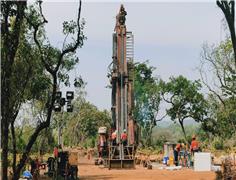
A prefeasibility study for Predictive Discovery’s (ASX: PDI) Bankan gold project in Guinea gives it a net present value ...

Chile’s state-run miner Codelco plans to select a partner for a future lithium project in one of the country’s top salt ...

Chile’s SQM called another investors meeting at the request of its second-largest shareholder, Tianqi Lithium Corp., ...
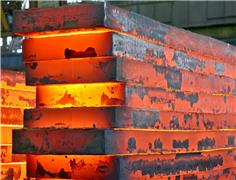
Iron ore futures prices drifted higher on Thursday as the latest soft data from top consumer China triggered renewed ...
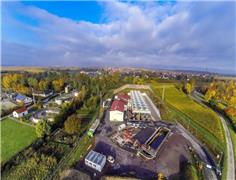
Lithium supplier Vulcan Energy on Wednesday announced the start of production of the first lithium chloride at its ...
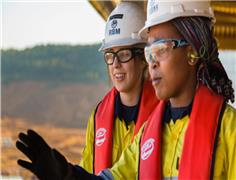
Rio Tinto said on Wednesday it is teaming up with a global venture studio and start-up investor to back the development ...

Outflows from global physically backed gold exchange traded funds (ETFs) continued for a 10th month in March, but at a ...

A stuttering recovery in lithium prices is providing a fresh reminder of why the dramatic rally of recent years was ...
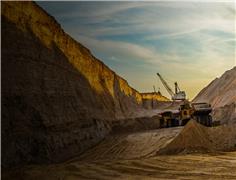
Australia’s Fortescue said on Monday it would form a joint venture with OCP Group to supply green hydrogen, ammonia and ...
No comments have been posted yet ...